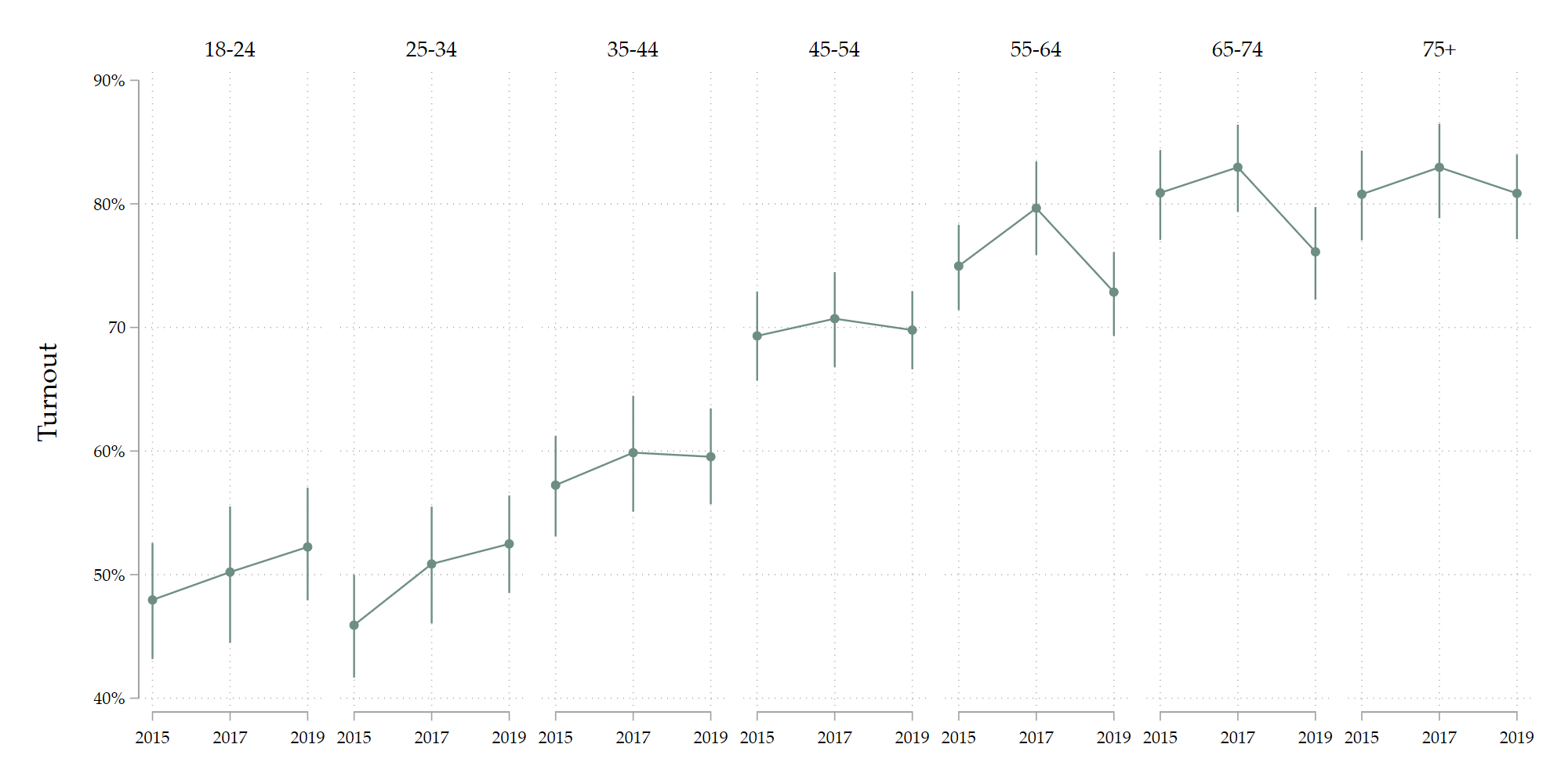Brexit was about a lot of issues. National sovereignty was the big one. Giving the finger to the government in Westminster was another. Immigration was also a concern, but pretty far down the list of issues the electorate felt important. Public opinion was informed by a succession of stories in the press of the foreign criminals allowed to enter the UK because of the EU free movement rules. So get rid of the EU and you get rid of the criminals - an instant solution to the nationals ills. You will also force employers to recruit and train UK nationals to do the jobs that are needed. Sadly this bit was not so simple. The British cultural aversion to serving anyone lest they be looked down upon by some undeserving snob means that if you want to provide service, it is better to hire Italians/Spanish/French/Portugese workers if you want the staff to be nice to the customers. Working in agriculture is also not at all popular with the British, but it is a job that makes a lot of sense if you don’t know English very well and you are fast. Then there is NHS health care and social care. Labour intensive and now cut off from the EU labour pool. There is also building, once dominated by Poles, then the Romanians. But now recruitment has to rely on a limited pool of British workers with the appropriate skills.
The Governments attitude is that it is for employers to adjust to these new conditions. However, in some cases, such as healthcare and socialcare, the government IS the employer and we find an NHS in crisis because there is a shortage of healthcare and social care staff cut off from the EU labour market.
In think the general idea is that these problems will eventually reduce over the long term and the government just has to sit and wait it out. However, I am not seeing any advertisements for training programs for nursing or social care as a career. It is difficult to sell it as a vocation, the wages are miserable and after Covid there has been an exodus for staff leaving after all the stress and the nurses are now striking for more pay,
There are very big structural changes happening to the UK labour market and the ending of the free movement of labour within the EU has contributed to create a skills crisis.
Governments try to persuade the voters that they are in control of immigration, but it is a confidence trick. They are not at all in control. They hardly even know how many people come and go from the UK, the statistics bear little examination. There is no big database of everyone who is in the UK, no accounting for comings and goings. They make a big some and dance at immigration control coming into the UK. Lots of scanners and cameras. But the UK is still largely a free country, there are no ID cards, no officials breathing down your neck and and no police asking to see your papers as they do in Europe. It is not a state like China trying to monitor and control its unfortunate citizens with an array of technology and strict rules.
This is another bit of political positioning by Starmer. He says he is not going to the change the much vaunted immigration policy of the Conservatives. So they cannot attack him on being soft of border controls and letting in all those foreign criminals.
Is he going to nothing about these serious skills shortages? Of course he is. He has a lots of options and recruiting from the EU will be one of them. He just has get the Home Office to relax their restrictions for some kinds of job in sectors that are suffering serious problems. This seems to be beyond the ability of the Conservatives, who have elevated immigration controls as some kind of article of faith and entrusted it to their most hawkish operators on the right of the party. This puts him in the position to attack the Conservative incompetence on this issue without opening himself to the charge of being ‘soft’ on immigration and border control. He has plenty of wiggle room on this issue.
Starmer is smart with these policy positions, but I want to see what sort of people he has in his team. The Labour party, like the Conservatives, have their own radical element who can cause much trouble for a party leader. Controlling the loose cannons and maintaining party discipline is always a challenge. He has to keep it together and make the party look sensible and electable to mainstream voters. Policies like this will worry some, especially the younger voters. But some kind of EU/UK youth mobility scheme, such as exist already with Australia and other countries, could easily address that, if it becomes a sore point.
